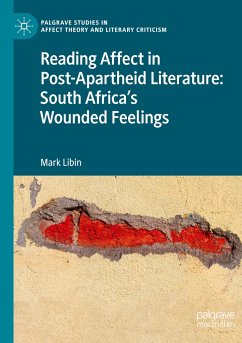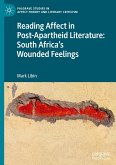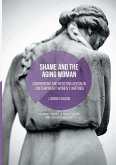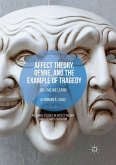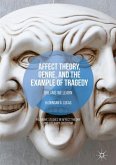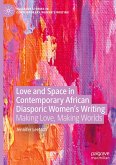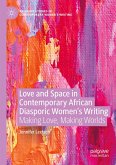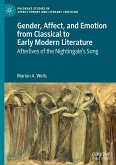This book examines South Africa's post-apartheid culture through the lens of affect theory in order to argue that the socio-political project of the "new" South Africa, best exemplified in their Truth and Reconciliation Commission Hearings, was fundamentally an affective, emotional project. Through the TRC hearings, which publicly broadcast the testimonies of both victims and perpetrators of gross human rights violations, the African National Congress government of South Africa, represented by Nelson Mandela and Archbishop Desmond Tutu, endeavoured to generate powerful emotions of contrition and sympathy in order to build an empathetic bond between white and black citizens, a bond referred to frequently by Tutu in terms of the African philosophy of interconnection: ubuntu. This book explores the representations of affect, and the challenges of generating ubuntu, through close readings of a variety of cultural products: novels, poetry, memoir, drama, documentary film and audio anthology.
Bitte wählen Sie Ihr Anliegen aus.
Rechnungen
Retourenschein anfordern
Bestellstatus
Storno

